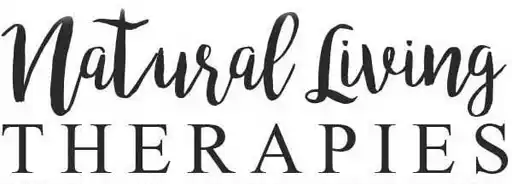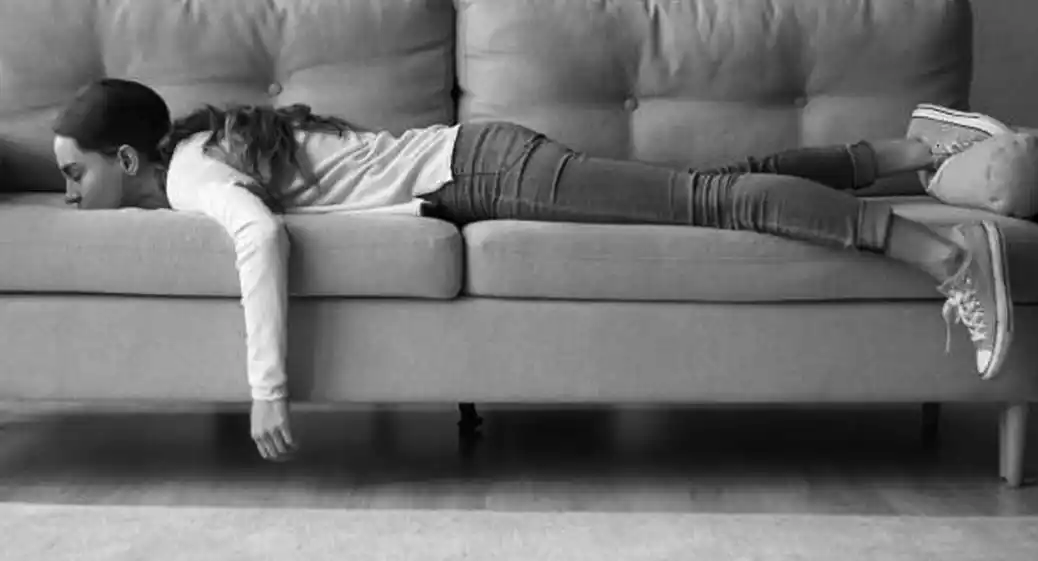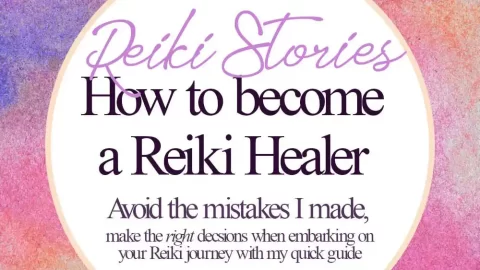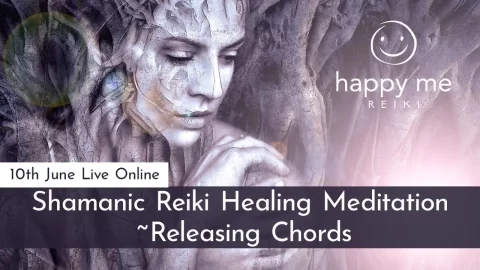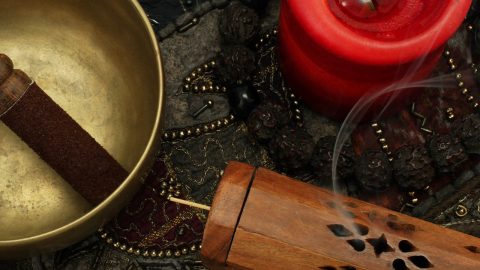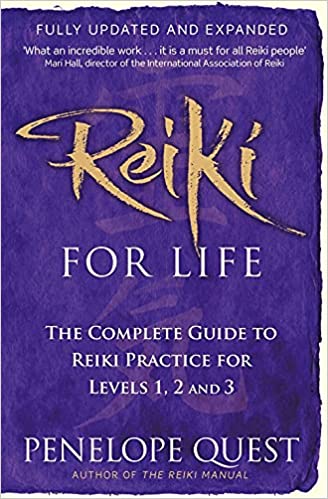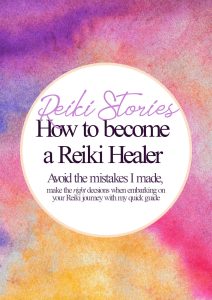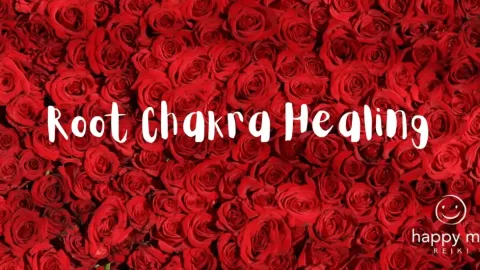Why am I feeling worse after Reiki?
It is rare to feel worse after Reiki healing, although occasionally, it can happen, and I believe it is likely to be a good thing…let me explain.
In my experience, it is uncommon for a person to feel worse after Reiki treatment, although it can happen. Physical therapists such as those who perform massage view a healing crisis as a response to the body releasing toxins built up physically in the body, which, if they are not released efficiently then they can cause short-term flu-like symptoms, headaches and tiredness.
Reiki healing does not involve massage or applying pressure, it works purely on the energy field of the client, yet healing crisis do still occasionally happen. Reiki works to release negative and stuck energy to assist the body in re-balancing so it can self heal. This shift in energy can cause a healing crisis in the form of tiredness, a release of emotions, or by acerbating the symptoms in the short term.
If a person is going to experience a healing crisis it is most likely to happen the first time they receive a treatment. Reactions can happen on subsequent sessions if the person is very sensitive and or is very ill. The first time I visited the chiropractor, I needed a lot of adjustments to my neck and spine. That night after the treatment, I felt sore, tearful exhausted and general unwell, the next day I felt great. Sensitive people are more susceptible to healing crises but are equally more likely to notice improvements.
So the good news about experiencing a healing crisis is that its often a sign you have shifted a lot of stuck or negative energy, and when the symptoms subside, you are most likely going to feel better than ever.
A General note about Reiki. It will always help the body to heal. It will not harm. Occasionally with some health issues the healing can be painful or cause an increase in other unwanted symptoms to speed up the healing. Below are a few examples.
Tumourous Cancer – Receiving Reiki directly to a tumour can cause an increase in pain. Although this is a actually a good sign that your body is taking the energy to heal itself, for your comfort the healer should move their hands away from the area, so you receive a more gentle (but satill effective) treatment. If you still feel pain, shorter but more frequent treatments would be advisable. For those of you that think ‘no pain, no gain’, this is not the case either. If you are experiencing pain, it is likely to stop you from staying in a relaxed healing state, which is helping not just your body fight cancer but helping balance your emotions, your thoughts, your spirit and your whole body.
Neuropathy I have found that when giving Reiki to people suffering from neuropathy, caution should be taken. People who suffer with neuropathy seem to be very responsive to the healing effects of Reiki but at the same time are more sensitive to the short term reaction which can be an increase in pain and symptoms. I would suggest starting with a short treatment of 15-20 minutes and on an area which is not experiencing any pain and build up from there.
Restless Leg Syndrome- If you are suffering from Restless leg syndrome having treatment whilst you are experiencing an episode of it is likely to intensify the symptoms and make the treatment unbearable. To have Reiki for a Restless leg, arrange an appointment at a time that you are unlikely to be experiencing the symptoms. Often the symptoms are worse in the evening, so a morning appointment would be ideal.
Benzodiazepines – Reiki is considered effective in reducing the side effects and is used to help people who are taking strong medication, for example, cancer patients under chemo. It does not stop the medicine from assisting the body but helps support the body in minimising the adverse effects.
I have seen many clients on anti-anxiety or anti-depressant medications who have never had a healing crisis response to Reiki other than feeling like they want to go home and sleep.
However, I have a client who would begin to feel sick during treatment and would feel sick and dizzy for between 30-60mins after a treatment. After the dizzyness and sickness went she better than she did before she received the treatment. We reduced the therapy to a shorter time to see if this would help, but it did not. My client stopped having Reiki for a while because even though she felt better afterwards, couldn’t handle the sickness first.
A few months later my client came back and told me she had experienced a similar reaction when having a massage, which got her thinking, and she checked the side effects of the prescription medication she was taking. She found that feeling sick was one of the potential effects of weaning and detoxing from the strong medicine. When she stopped taking the medication she no longer had these symptoms.
Period pains – Reiki healers, myself included, have found that giving self-Reiki directly to that area when suffering period cramps can be too intense and increase the pain. Laying hands on the body away from the site will help to relieve the pain rather than increase it.
But what if it is not a healing crisis?
If after 24 hours you are still feeling worse after Reiki, get in touch with your Reiki healer and tell them what you are experiencing, they may have some insight into how you are feeling.
Ground and cleanse your own aura
Using the grounding and chakra cleanse exercises in these two videos will assist you in feeling better and take control of your energy.
Reiki healers and energy workers do exercises like these regularly to keep their aura clean and clear of any negative energy, it is called energy hygiene. Continuing doing the grounding exercises as and when you need it until you feel better and keep hydrated.
What is Reiki Therapy? How can it be more beneficial than a Reiki healing session alone? Reiki Therapy
